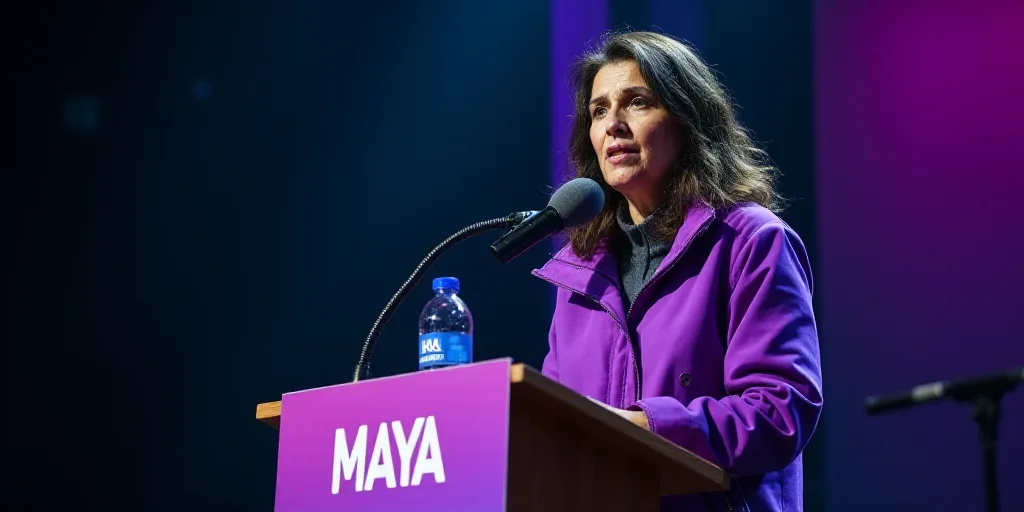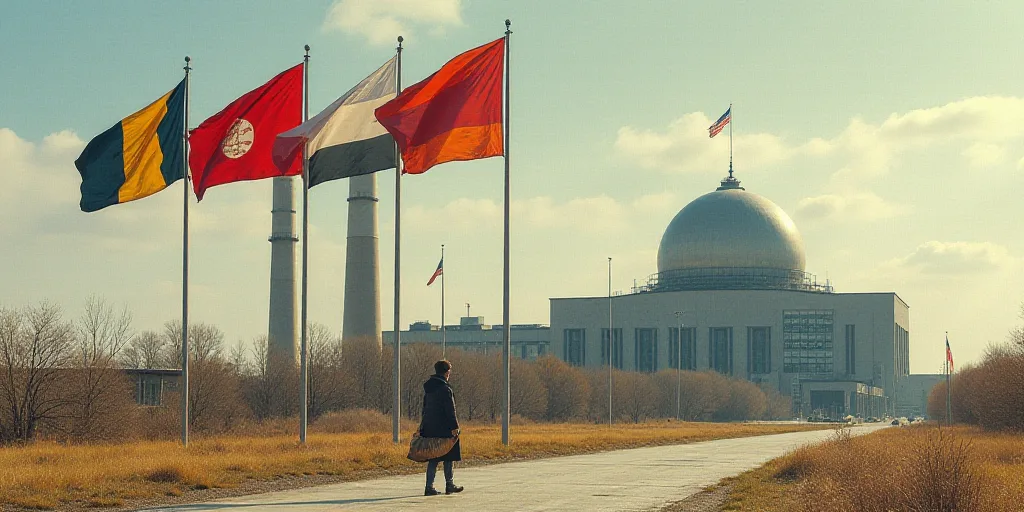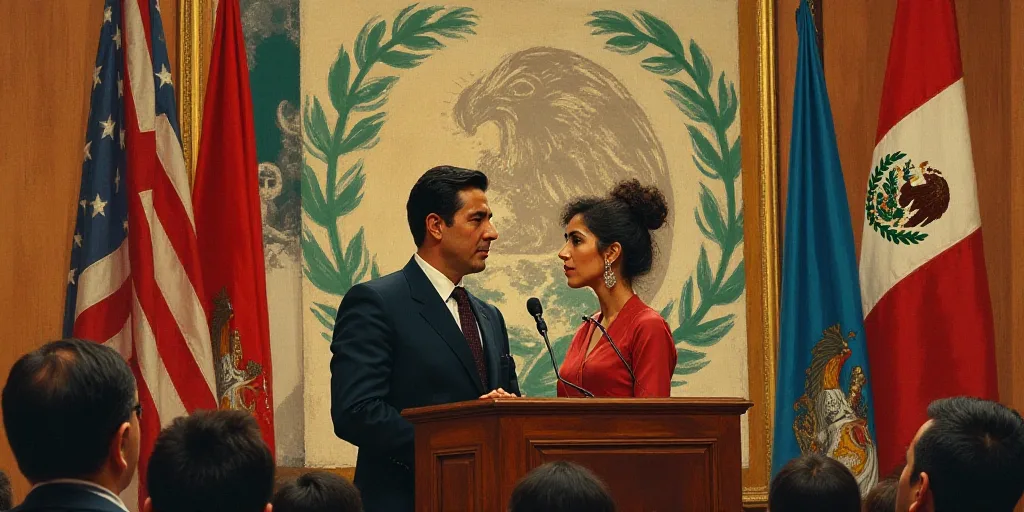President Claudia Sheinbaum Orders Sedatu to Thoroughly Examine Parque Bicentenario’s Concession Following Tragic Incident.
Mexico City’s President, Claudia Sheinbaum, has directed the Secretariat of Agrarian, Territorial and Urban Development (Sedatu) to conduct a comprehensive review of Parque Bicentenario’s concession after an accident at the Ceremonia festival resulted in two fatalities.
“Our condolences to the families affected by this tragedy,” Sheinbaum said during her morning press conference, where she also announced a thorough investigation into the responsibilities of both organizers and involved authorities.
Parque Bicentenario Background
-
Originally part of Azcapotzalco’s old refinery, Parque Bicentenario is now a federally conceded public park.
-
During Peña Nieto’s administration, the concession was transferred to the Institute for Administration and Valuation of National Assets (Indaabin), which granted control to Linda Vista Industrial S.A. de C.V.
“This is a concession contract, not something that can be easily revoked,” explained the president, instructing Sedatu’s Edna Vega to immediately inspect the concession’s conditions and evaluate its potential cancellation.
Responsibility Investigation
Sheinbaum also stressed that while Parque Bicentenario is a federal concession area, event authorization falls on Miguel Hidalgo’s jurisdiction. She emphasized that the Fiscalía General de Justicia de la Ciudad de México will investigate the concession, organizers, and public servants involved in approval processes to identify any negligence.
Moreover, she directed Gobernación’s Rosa Icela Rodríguez to contact affected families for support and companionship.
Protests Following Fatal Accident
On April 6th, journalists, photographers, and citizens protested at Parque Bicentenario’s entrance demanding justice for Berenice Giles (28) and Miguel Hernández (26), freelance photographers from Mr. Indie who died following a structure collapse during the AXE Ceremonia festival.
Protesters highlighted the precarious working conditions of cultural journalists, including unpaid work for accreditation and threats by promoters, along with a lack of labor recognition.



